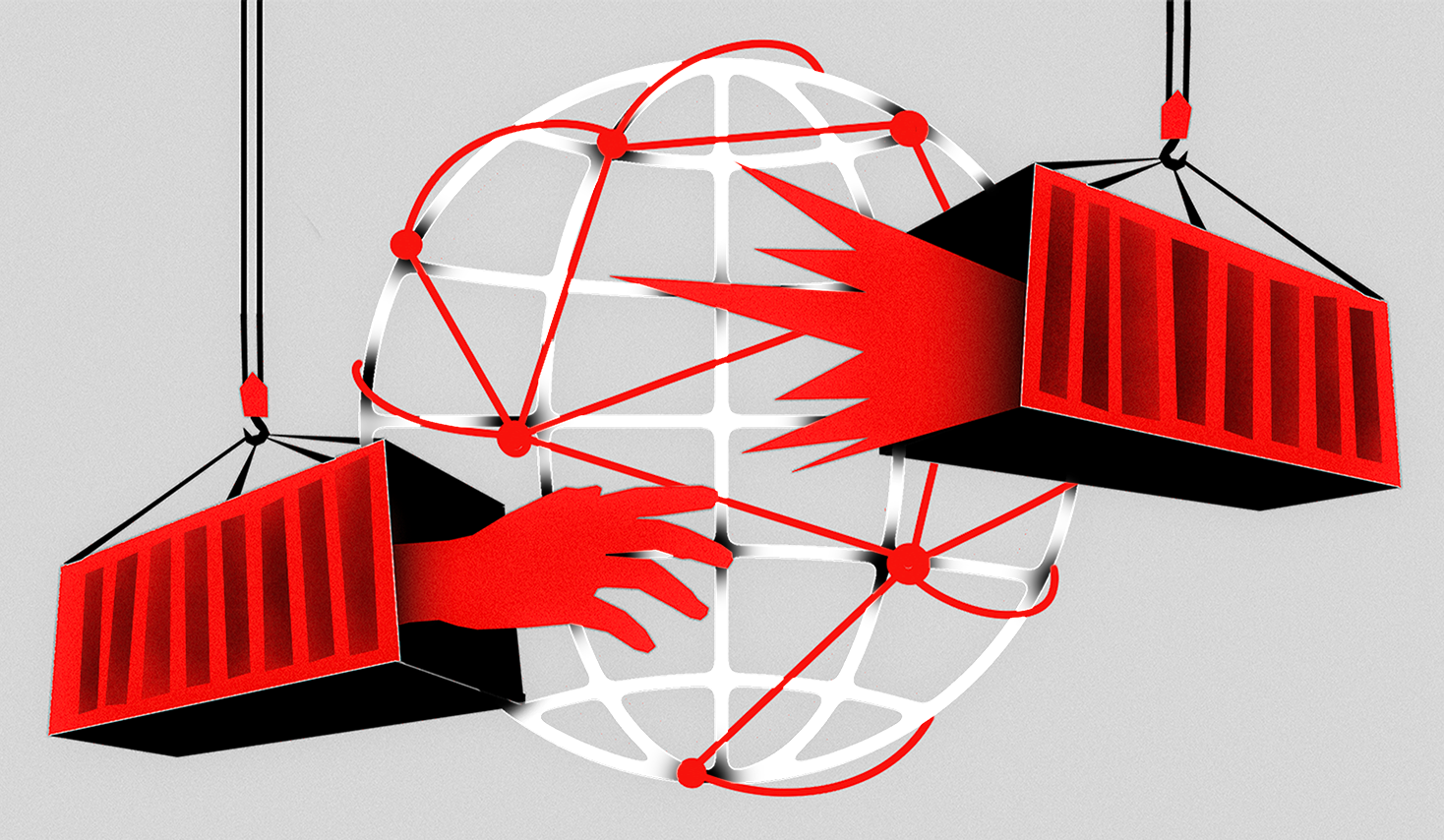But while the queer histories of American and British activists are frequently discussed, it’s worth exploring a different kind of queer history: the role of the UK in shaping homophobia across the globe. It’s particularly important to examine the roots of the popular, but inaccurate, idea that homosexuality in African countries is a western import while homophobia is inherently African.
This idea runs so deep that even in modern times Black and Brown people are considered the face of homophobia while African countries are pictured as the birthplaces of homophobia and as countries which need to be saved from their own bigotry. It is this thinking that, in 2011, gave rise to former British Prime Minister David Cameron telling Commonwealth leaders that UK foreign aid should become conditional on whether or not countries decriminalise homosexuality.
To this day, despite its shaky stance on trans rights, the UK is positioned internationally as a leader in LGBTQIA+ culture and a beacon of hope that should be emulated. But how deserved is this, really? Not really, especially when you zoom out and consider the country’s long history of exporting homophobia globally and to the African continent in particular.
In 2019, Botswana overturned colonial-era laws which criminalised homosexuality. During the ruling, Judge Michael Leburu declared that “the anti-sodomy laws are a British import” and were developed “without the consultation of local peoples”. A similar story occurred a year before in India, when Justice Indu Malhotra, stated that “history owes LGBT people an apology.” It was then that she, alongside four other judges of the Indian Supreme Court, declared that Section 377 of the Indian Penal Code was unconstitutional.
